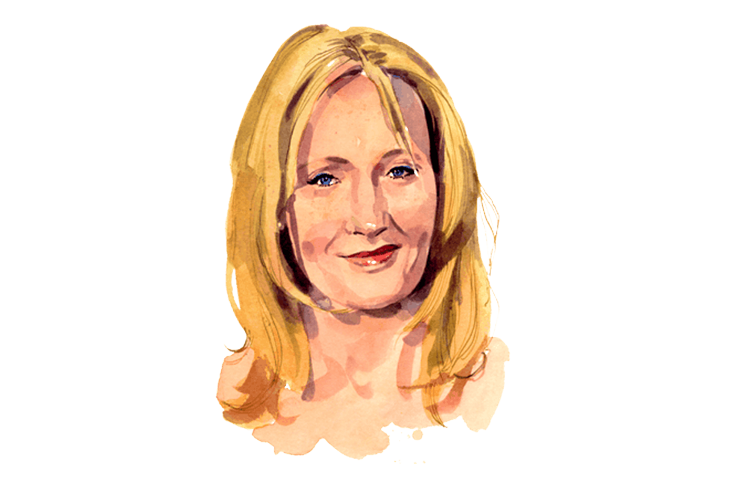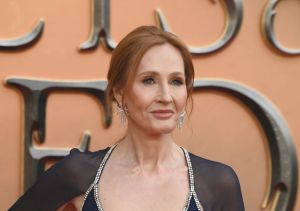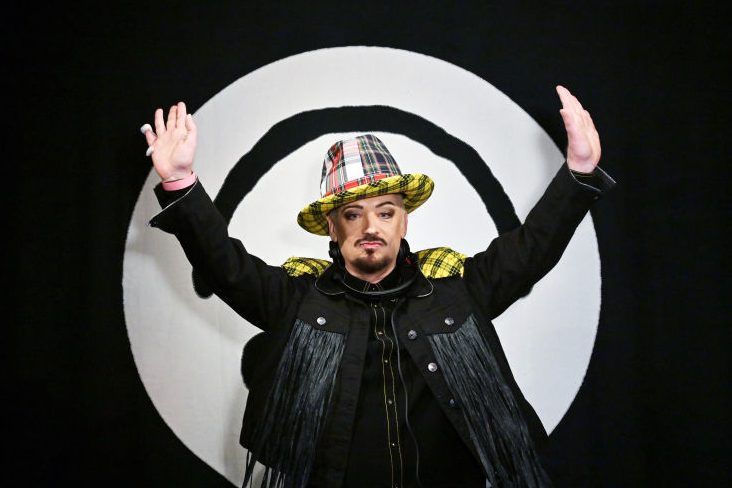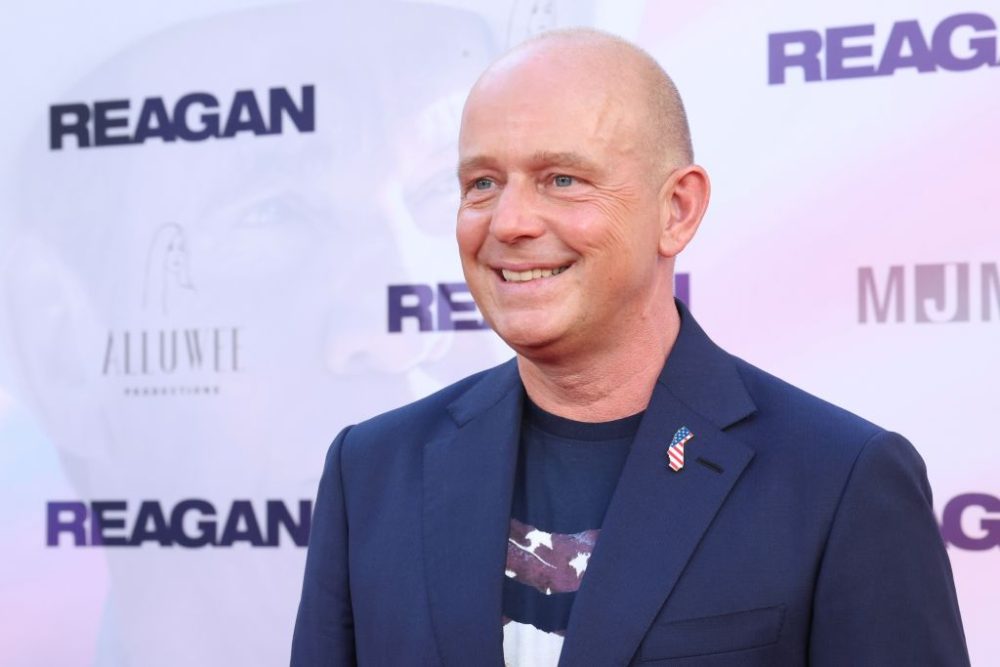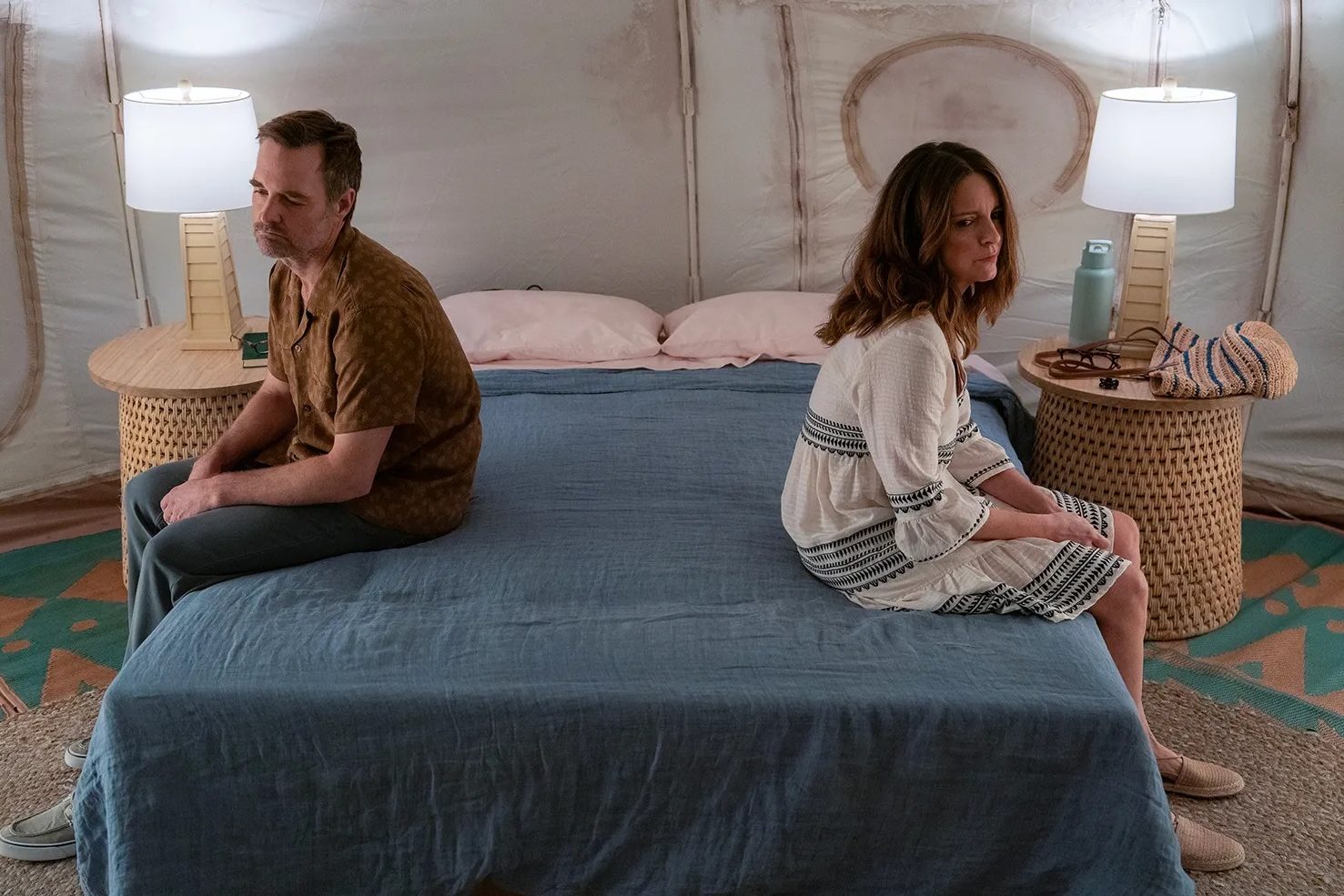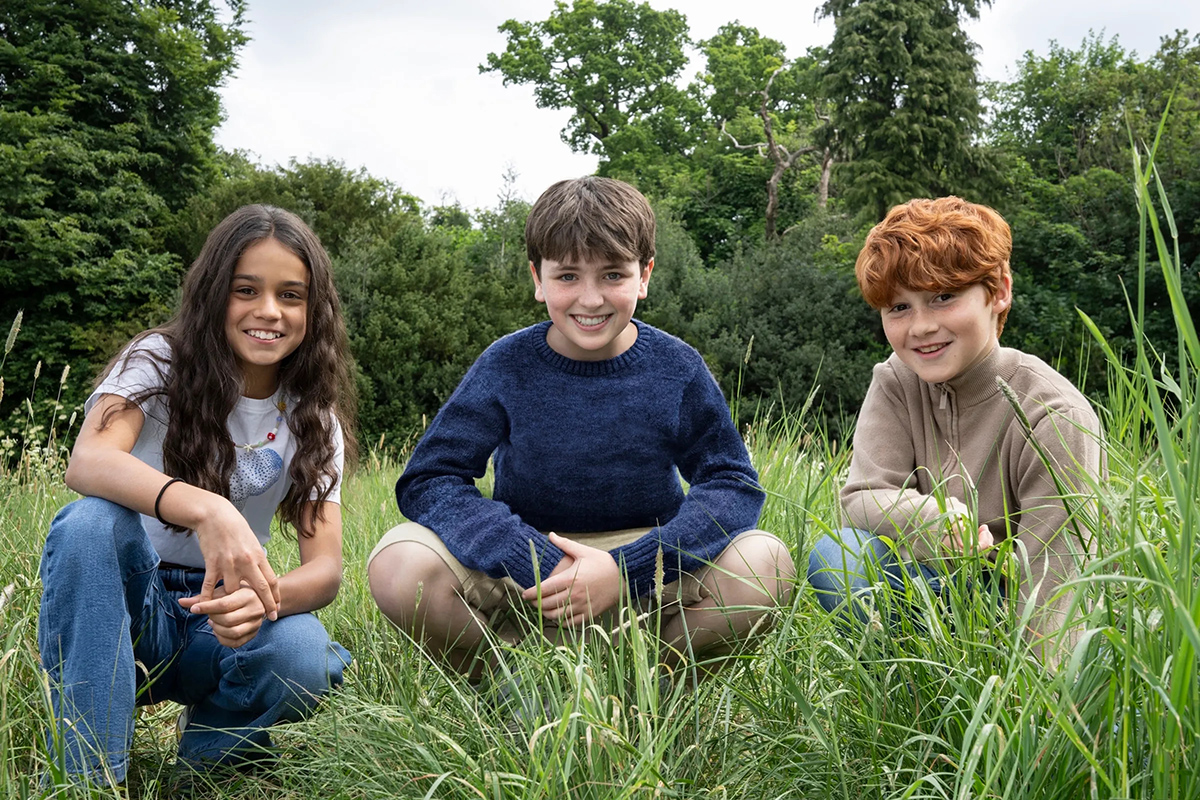I have a problem with magic. Even as a small child with a big imagination, I found magic very hard to swallow. If a character in a story teleported using a technological aid, that was fine. If a character vanished in a magical puff of smoke after an incantation, I was having none of it.
I became aware of the Harry Potter book series quite early for a childless adult. A friend worked in a central London bookshop and was tiring of parents descending in their lunch hours enquiring “do you have any of these books by Harry Potter?” Intrigued, I read the first two — the only two at the time — to see what all the growing fuss was about.
I liked them well enough, despite all the potions and spells, but particularly as the millennium turned and that fuss snowballed into a global mega fuss, I couldn’t help thinking it was somewhat out of proportion. It’s very hard for a writer to establish whether not quite seeing the big success of another writer (particularly if they’re about your age) is just Chateau de Sour Grapes.
Because I had peeves. The characterization of the Dursleys made me wince — the progressive’s snooty cliche of social climbers. The use of dialect for Hagrid’s dialogue, slowing you down as ye troy’d t’ figgur owt whart he wus act’ly sayin’. The tweeness of some of the magical names for things — Hufflepuff, muggle — really got up my nose. Of course, I didn’t fume or try to cancel the author or even stop reading, because I’m not a loony.
But. The plots were immaculate, with so many forehead slapping of course twists. The detail of the imaginary world was so complete and thought through. And the emotional intelligence was gripping — the sense of righteous indignation at an unfairness that one often feels as a child was never better captured.
Still, I couldn’t figure out quite why it was so incredibly popular. I think I might know now, though.
When J.K. Rowling first, in the language of the tabloids, “waded into the trans debate,” there was something grimly ironic in the spectacle of the loud legions of the internet turning on the author. The ludicrousness of them trying to dig dirt and expose -isms and -phobias in the punctiliously progressive series was a sight to see — the accusations of antisemitism (now being rehashed ridiculously to blast the new Hogwarts Legacy game) in books that make a key point of being against notions of racial purity, for example.
A common cry from these benighted, anime-avatared internutters was that Rowling had betrayed them. They had taken their moral and political cue from her, and now she had blasphemed. This elevation of kids’ lit to moral exemplar was fascinating. “You taught me X,” “I learnt Y from you” were often at the beginning of the serpent-sharp tweets flung at Rowling, as if every other writer for kids had advised them to smoke crack and bash their grannies.
The Potter series wasn’t unusual, after all, in espousing ideals of fairness, generosity and open-mindedness. It reflected the basic decencies of its time, which in the 1990s and 2000s meant a kind of genial liberalism. One of the main functions of children’s writing by adults is a kind of benign socializing. I’ve written a lot of such “never give up and do as you would be done by and always do your bestest” stuff myself for kids’ TV, not entirely cynically.
At its worst this kind of kiddy fiction is nauseating, even for kids — all the hot air and guff about standing up against seemingly insurmountable odds for what you think is right, being an inspiration, being ever such a goody-two-shoes.
But here’s the thing. When it came to the crunch, when it really mattered in the real world, when she saw an injustice that her peers were ignoring or running from or even supporting, Rowling showed that she really meant it. In the trailer for her new podcast with Megan Phelps-Roper, she addresses her detractors directly, saying in reply to their criticism that she has fallen below the moral standards of her own books: “You could not have misunderstood me more profoundly.”
It is, I think, this seriousness and her sincerity (qualities she shares with most kids) that are the big factors in her success. Anyone can fight the good fight approved by their own side, after all. While others in her position fled the field or worse, and while they banged on about inclusivity and equality and fairness, but capitulated to something bad or convinced themselves it was just great, actually for the sake of a quiet life, she stood up like one of her heroes and bravely said no. There is something very appealing about that. And somehow — maybe it was magic — the child audience knew all along that unlike most of us adults, Rowling was for real.
This article was originally published on The Spectator’s UK website.



